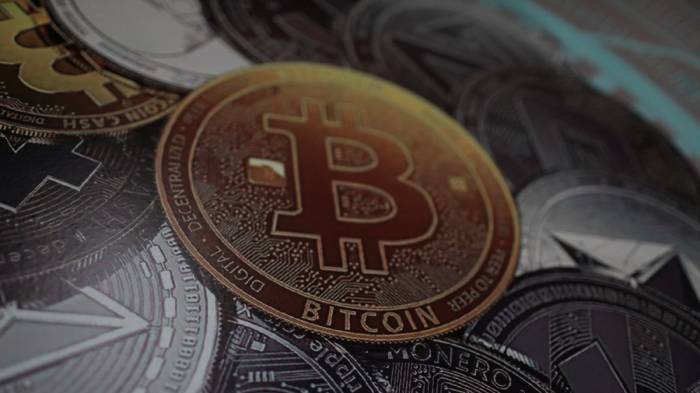The companies would be the first virtual currency firms to operate in the Philippines after regulators legalized their entry into an economic zone in February, in contrast to neighboring countries which have not allowed such entities.
“We are about to license 10 platforms for cryptocurrency exchange. They are Japanese, Hong Kong, Malaysians, Koreans,” Raul Lambino, chief of the Cagayan Economic Zone Authority (CEZA), told Reuters.
“They can go into cryptocurrency mining, initial coin offerings, or they can go into exchange,” Lambino said.
But the exchange of fiat money into virtual currency, and vice versa, should be done offshore to avoid infringing Philippine regulations, he said.
The CEZA, a state agency which manages the Cagayan Special Economic Zone and Freeport in the northeastern tip of the Philippines, in February created rules allowing virtual currency companies to set up offices and facilities in the zone.
They should invest at least $1 million over two years and pay up to $100,000 in license fees.
Authorities around the world, particularly in Asia, have attempted to rein in the global boom in trading bitcoin and other cryptocurrencies - a form of digital money created and maintained by its users.
The Philippine central bank, which regulates virtual currency exchanges in the country, has not endorsed the use of any cryptocurrency saying it is open to misuse.
The economic zone regulator is also looking at putting up a blockchain and financial technology university in the economic zone to provide workers for the companies, Lambino said.
More about: #cryptocurrency
















































